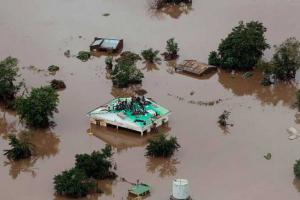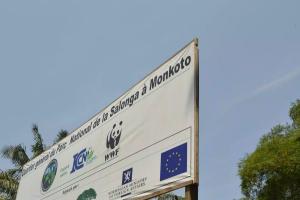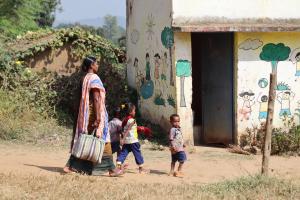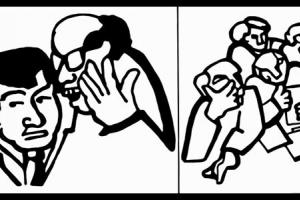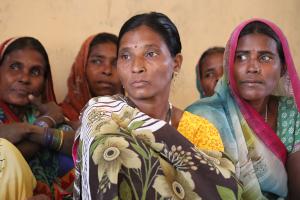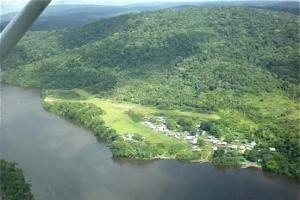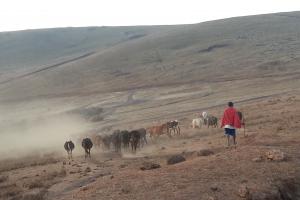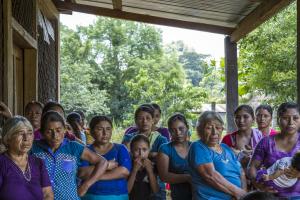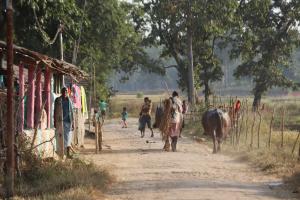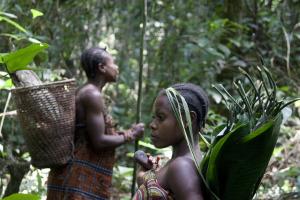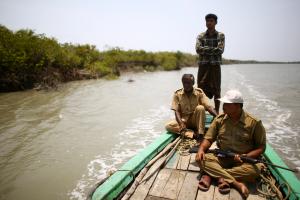Conservationist NGOs
The conservation model that conservationist NGOs like WWF, Conservation International and The Nature Conservancy promote excludes communities that have been living on the land often long before it was declared to be a “protected area.” This parks-without-people approach has led to increasingly militarized conservation areas and greater violence against communities in and around forests that have been declared as protected areas. Conservationist NGOs have entered into partnerships with corporations—including the world's largest oil and mining corporations—thereby transforming into an industry that propitiously greenwashes the image of these corporations.
BIOFUND, a conservation fund to finance protected areas in Mozambique—with support from the World Bank, international cooperation and conservation NGOs—intends to use biodiversity offsets to obtain resources and speculate in financial markets.
Serious abuses in DRC’s Salonga National Park at the hands of park rangers supported by funding from the WWF and a range of international donors are just the latest to be documented. This is a wider problem on human rights abuses and colonial interventions in forests.
Before, conservation organizations were focused on raising money to create protected areas in forests supposedly threatened with destruction; today, they constitute a bona fide transnational “industry” that manages and controls areas that go far beyond forests.
Conservationist NGOs are increasingly making partnerships with companies that, in fact, are the main drivers of environmental and social disasters. Even worse, they portray their corporate partners as the willing participants of the “solutions”. But, which solutions are they seeking? And solutions for whom?
Conservationist NGOs working in Suriname have increased the pressure for Wayana Indigenous Peoples. After years of harsh top-down ways of dealing with forest communities, the Wayana have decided to seek for their own path, one that follows their own way of thinking and living.
For the past eighty years, the Maasai have been displaced and dispossessed of their land, livelihoods, and more in Northern Tanzania, all under the guise of “conservation.” This article traces the origins of this dispossession through to present day struggles, calling for international solidarity.
The creation of the Maya Biosphere Reserve has been legitimizing a destructive model: infrastructure and energy projects, hand-in-hand with Protected Areas “without people.” While conservation NGOs fatten their portfolios, peasant and indigenous communities are displaced, or conditioned to depend on NGOs and the market.
In Africa’s Congo Basin the many promises of rights-based and participatory conservation have miserably failed to materialise. For communities living in and around protected areas, the reality continues to be one of dispossession, impoverishment and widespread human rights abuses.
